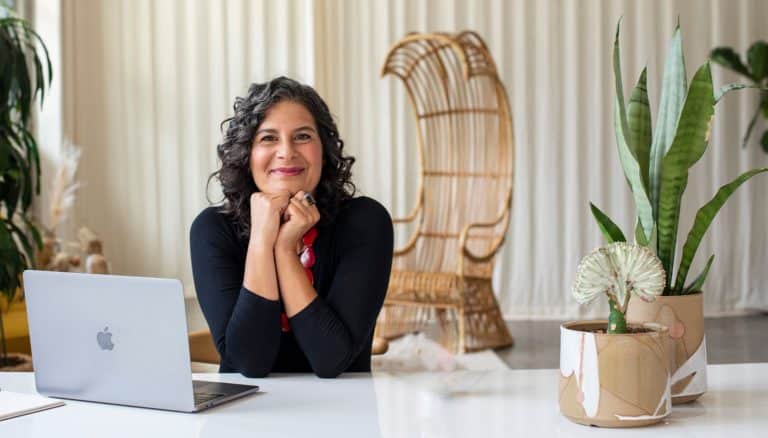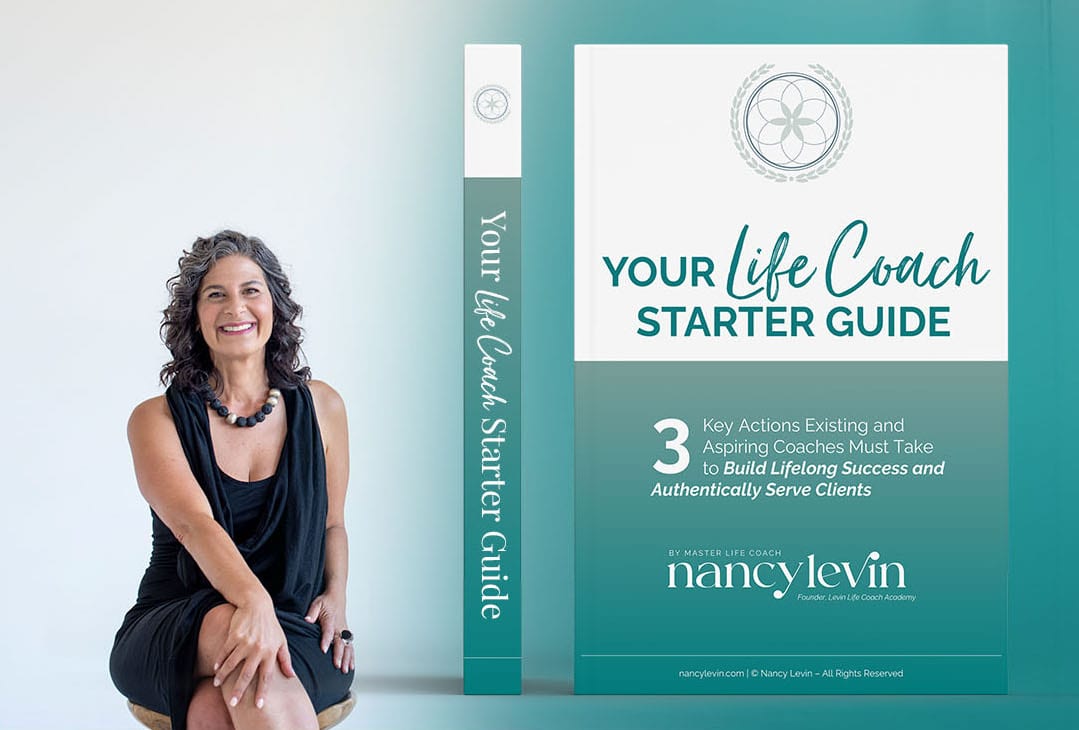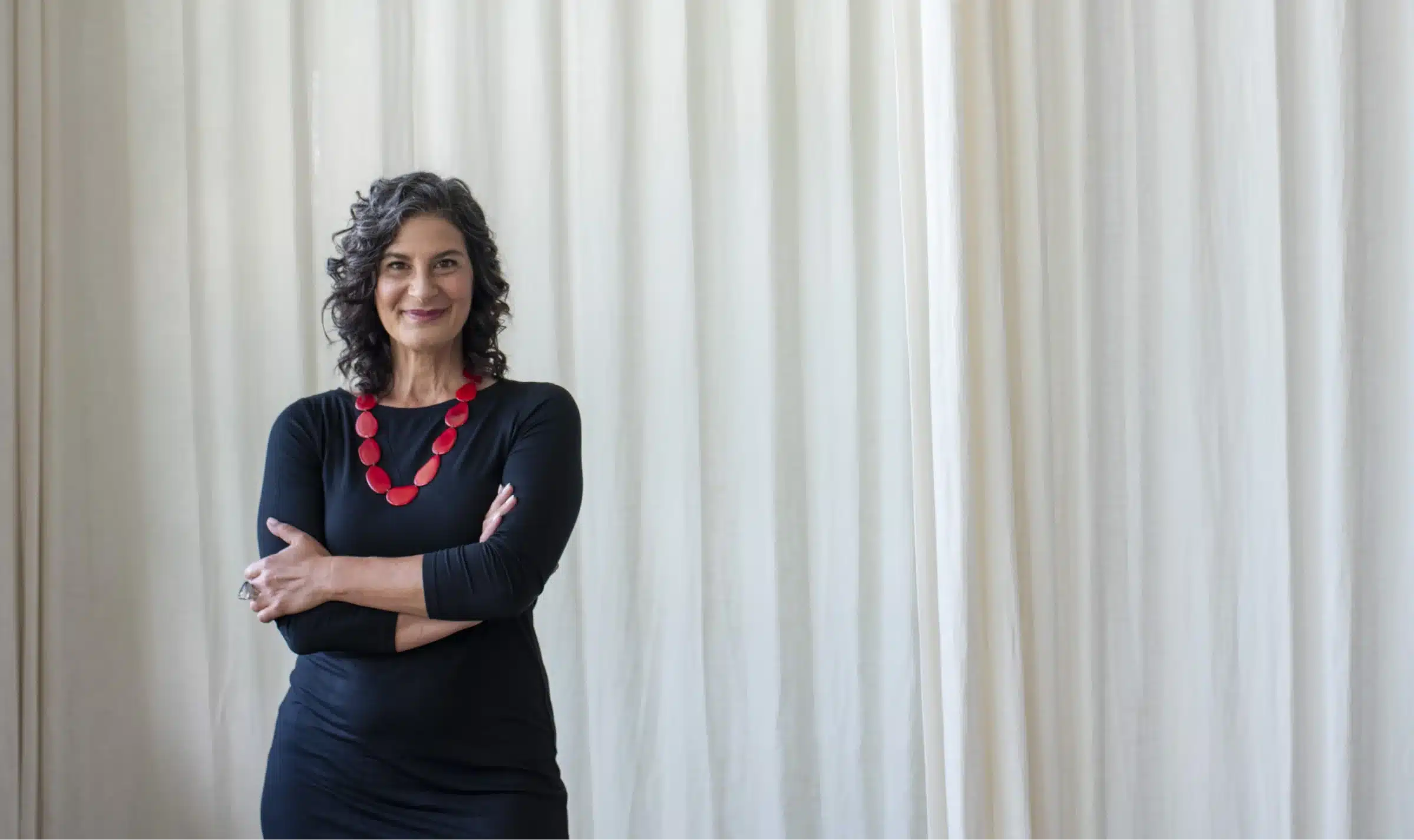We’ve all heard the saying “the truth will set you free”.
But did you know that the truth will also help you set a boundary? Boundaries are so difficult for so many of us to set.
Instead of saying our peace, we’d rather stay quiet, stuffing down our needs and holding back until we can no longer stand it. We collect resentments and betrayals like memorabilia – neatly organized in our brain by date, time and circumstance – ready to be used as punishment or a quick zing in our latest fight.
Or worse yet, we allow ourselves to become numb and resigned to the idea that we’ll never really get what we want – so why bother.
The problem with both of these paths is that they put you into a corner where inaction becomes the norm and digging out of your situation feels impossible.
Blame, judgment and feeling like you’re always being stepped on become the constant norm.
Someone we once loved becomes the enemy and meaningful connection becomes impossible. It’s like you’re imprisoned inside a never-ending cycle where your needs will never get met.
When I was married, and while going through my divorce, I felt my husband was violating my boundaries. His behavior is unacceptable, I thought. He should be ashamed of himself, is what I told myself.
But guess what?
I wasn’t really telling myself the truth about what was happening.
For years I believed that he was the bad guy and that he was to blame. It was easier to cave or point fingers or store up the resentment rather than take a deep look within.
It wasn’t until I began doing my own work on myself that I realized the hard truth. . . .
I let it happen. I let my husband step over my boundaries. And I went back over and over, expecting a different outcome from the same man. Of course, he did trample on my needs and desires, but only because I enabled him to do so.
When it comes to setting boundaries, the hard truth is that it’s your responsibility to recognize, set and communicate the boundaries you need so that others are given fair warning. Then, if your boundary gets crossed, it’s also your responsibility to take a stand and get out of the situation where your declared limits are not being respected.
And if you don’t . . . you’re the one crossing your own boundary.
Most of us don’t want to take responsibility for what happens to us, but the reality is that (aside from cases where violence, abuse, and the like is taking place), no one can cross our boundaries unless we allow it.
If you believe someone else is doing something to you, you’re stuck in a victim mindset. If you’re allowing someone to push through your boundary, that’s a choice you’ve made.
It’s much more comforting to maintain the victim mindset that says our woes are the fault of others. But refusing to take responsibility for our lives and our boundaries means we relinquish what power and control we do have.
We become resigned that our fate is inevitable; we fail to see that other choices are likely available to us. A victim mindset causes us to see in tunnel-vision, without hope for other opportunities and possibilities. Then, all we can do is complain and lament our fate.
But we’re stuck in our circumstances only because we’re stuck in our victim mindset.
The short-term payoff of staying the victim is that we get sympathy from others, which may offer us some temporary solace. But from a long-term perspective, we set ourselves up for a lifetime of suffering.
So, when it comes to learning how to set boundaries and truly become a boundary badass, I often share that before you can truly be free – you must be willing to tell yourself the truth.
As you sit and read this, you might be thinking “See . . . I don’t have it that bad, my boundaries aren’t really being stepped over.”
But if you’re constantly feeling like you say yes when you mean no, or feel that you are being stepped over or stepped on by others, then it might be time to take a closer look. Telling yourself the truth about boundaries means taking off the blinders and being willing to take a good hard look at what’s really happening in your life.
Where are you unwilling to set a boundary in your life, perhaps avoiding conflict or hoping, wishing or praying that others will set it for you? Where are you waiting for someone else to offer things up on a golden plate, rather than daring to ask for it?
In which parts of your life have you been willing to compromise or discount yourself?
Taking a long hard look at the ways you step over yourself can be a little frightening, but the payoff will be huge!
If you’ve been trying to figure out how to make yourself a priority in a bigger way or find greater freedom to do what you’ve always wanted to do or be who you’ve always wanted to be, telling yourself the truth about your current condition will allow you to identify the places where you want to make a change – and this change begins with learning to set boundaries.
When you tell the truth and take responsibility for your life, you empower yourself to make decisions and take actions that fulfill your own desires. You take action to prevent your boundaries from being infringed upon, and that allows you to get un-stuck from your undesirable circumstances.
It’s that simple.
Claiming this kind of choice can be a game-changer. Once you accept that you are responsible for your boundaries, you realize that you do indeed have options in virtually every situation where you’ve previously felt trapped, suffocated, caught or out of control.
This week, I invite you to take an honest look within to see where you might benefit from learning how to set better boundaries. Tell yourself the truth without judgment or blame – think of it more as taking your boundary inventory.
One that will help you set a clear map for where you want to go next!
Remember, the truth will help you set boundaries – and setting boundaries will set you free!
xo
Nancy
P.S. The #1 reason clients say they don’t set boundaries is that they don’t know what to say. So, I’ve created Boundary Badassery, The Pocket Guide, to solve all of that! This is the complete guide to having the tough conversations, and navigating difficult situations, so you can set effective boundaries with ease! And, since you can keep it right on your phone, it’s like having me with you in your pocket!








